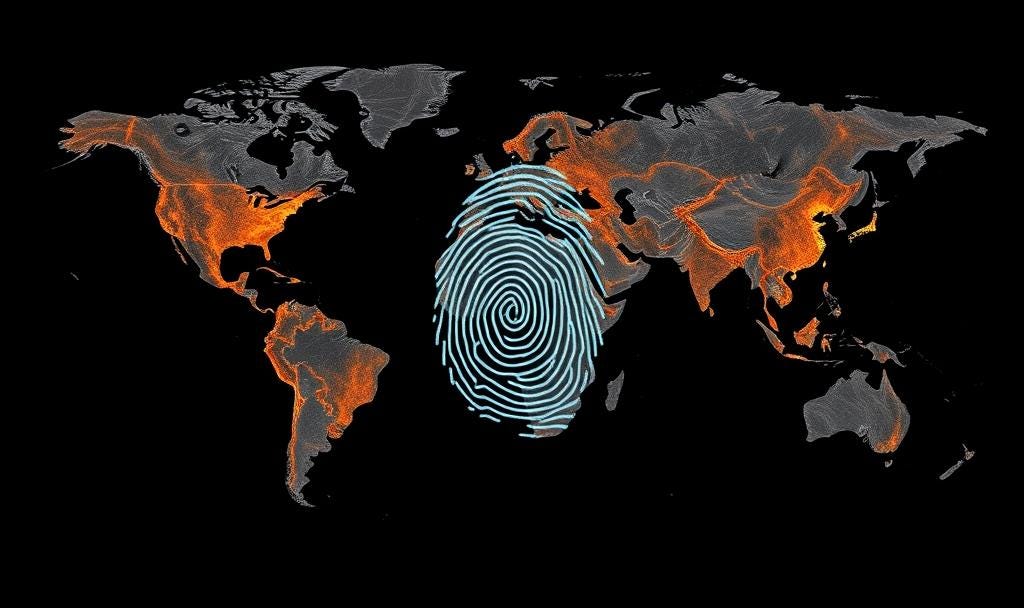Whose Data, Whose Rules?
The global battle for data sovereignty and why your personal information is a geopolitical asset
We live in a world where data is power, not just for corporations, but for entire nations.
It’s no surprise that data sovereignty has become one of the defining legal battles of our time.
The EU says personal data should stay under European privacy rules, even if processed abroad.
China demands strict data localization and state access, citing “national security.”
The US champions cross-border data flows, but lets Big Tech mine the globe for profits.
India’s new Digital Personal Data Protection Act claims to protect users, but gives wide exceptions to the government.
🌎 Smaller countries fear they are just data colonies, their citizens’ info fueling foreign AI and surveillance.
But here’s the question:
Who owns your data?
The platform you used to type it?
The country where the server is?
Or you, the person who generated it?
Data sovereignty isn’t only about privacy. It’s about:
Economic independence (local startups vs. Big Tech monopolies)
National security (who can access citizen records)
Individual rights (control, consent, erasure)
International power (who sets the rules)
The problem? No global consensus exists.
And in the legal vacuum, states and corporations are making their own rules, often at the user’s expense.
If we don’t ask the tough questions now, we risk a fragmented internet where your rights depend more on your passport than your humanity.
Because in the 21st century, data isn’t just code, it’s you.
🗺️ Want to unpack global legal battles with a human rights lens? Subscribe for weekly explorations.
📢 Share this if you think data isn’t just tech, it’s law, power, and ethics.
💬 Comment below: Should your data follow your country’s laws or universal principles?
#JusticeWithAngana #DataSovereignty #DigitalRights #PrivacyLaws #GlobalLawWatch #SaturdayReflections #WomenInLaw #ComparativeLaw





